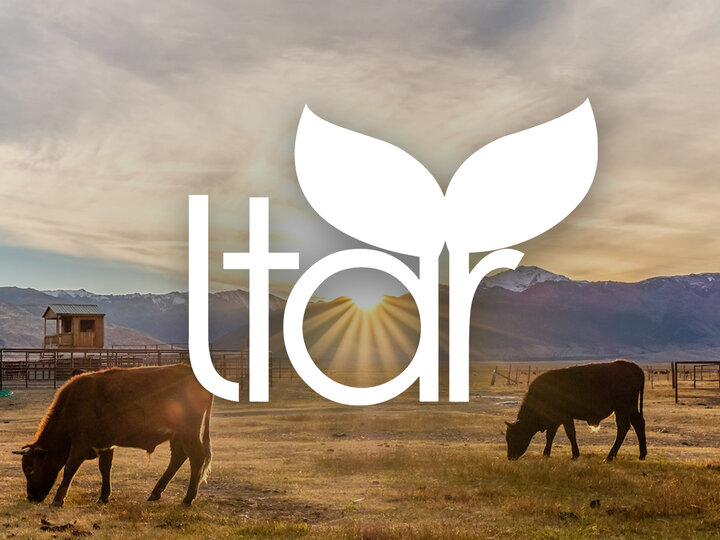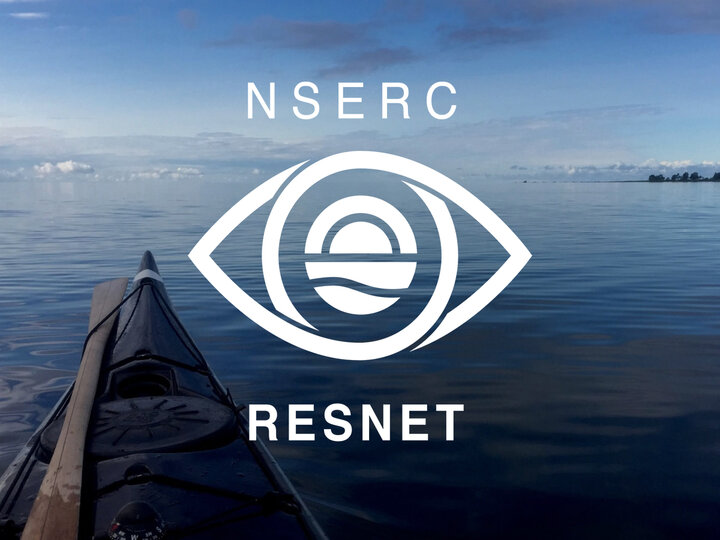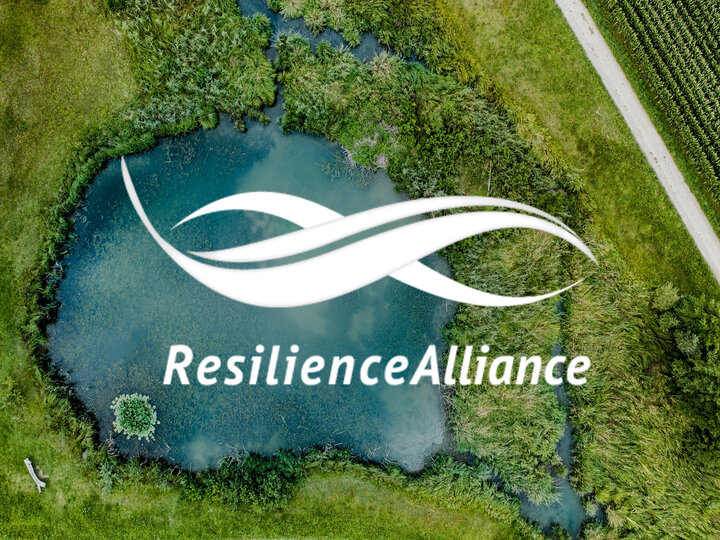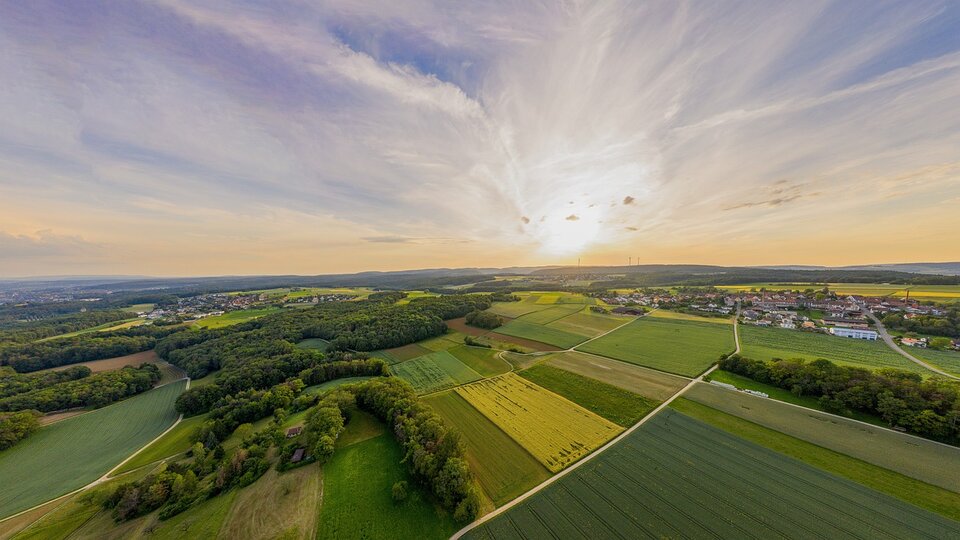Resilient Agricultural Systems are Fundamental for Global Food Security and Social Stability
Resilient agricultural systems are those that can continue to provide food, livelihood security and important ecosystem services in the face of climate, economic and other global changes currently threatening agricultural systems. Modern agricultural systems are vulnerable to shifts that may lead to system collapse and reorganization around different processes, structures and functions that are less desirable for food production and for humanity and have the potential to destabilize food security and societies.
Specific aspects of modern intensive agriculture have been shown to be fundamentally unsustainable. However, we need a better understanding of how modern agricultural practices and policies increase the risk of regime shifts in key dimensions of agricultural systems.
Resilience science, which focuses on threshold behavior and vulnerability to regime shifts at multiple spatial and temporal scales, is well suited for addressing these critical gaps in knowledge. There is currently no single institution or network that is fully capable of addressing this challenge, as the needed data and expertise are distributed across multiple entities.
Our Networks
LTAR
The USDA-ARS Long-Term Agroecosystem Research Network focuses on sustainable intensification and profitability of agroecosystems.
Learn More
Canadian Agroecosystem Living Labs Network (CALL-Net)
CALL-Net is a national network of agricultural sites focused on developing innovative on-farm practices to tackle climate change.
Learn More
ResNet
ResNet is focused on broad questions of resilience, scale and ecosystem services in multiple working landscapes of Canada.
Learn More
Resilience Alliance
The Resilience Alliance is an international resilience network which has been the core developer of resilience theory and its application to real socio-ecological systems.
Learn More

Funding Acknowledgments
This project is funded by a National Science Foundation Research Coordination Network grant from the Dynamics of Integrated Socio-Environmental Systems (DISES) directorate, and a University of Nebraska Collaboration Initiative Seed Grant.
